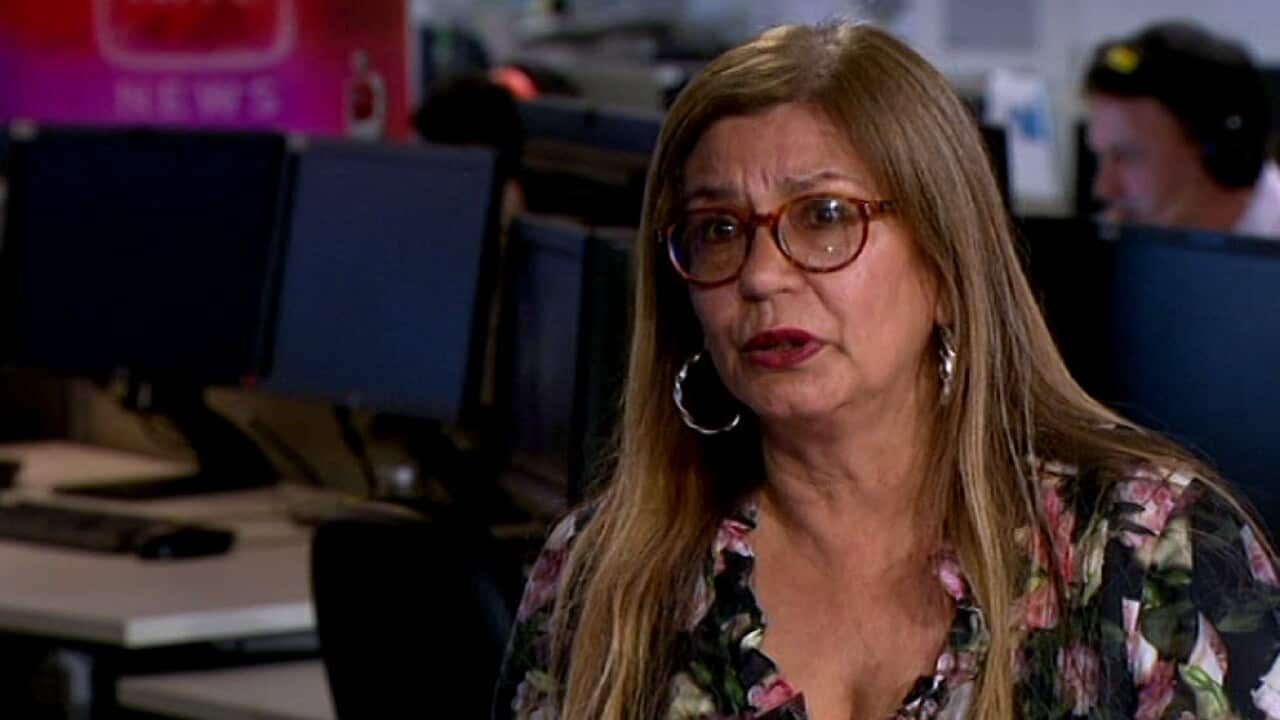TRANSCRIPT
Malarndirri McCarthy: Joining us now from Canberra is human rights campaigner Gerry Georgatos.
Gerry, Labor has announced it's plan to cut suicide rates in half, if elected, and that the Coalition government is examining a scheme to reduce rates too. Do you have any idea what might be planned?
RECOMMENDED STORY

‘Real’ mental health reform: Coming soon?
Gerry Georgatos: In terms of suicide rates being reduced by half by 2020, according to Labor, and that it can happen without funding, without additional funding, I don't see how that's actually possible. What we need is a critical response to connect with people on the ground in the high-risk regions, pretty much as Professor Pat Dudgeon has said who I work alongside with in the Aboriginal and Torres Strait Islander Suicide Prevention Evaluation project.
We need to capacity-strength communities and address the historical social determinants that have been left languishing, particularly in the high-risk regions, particularly in the kimberely which has a suicide rate of 70 per 100,000, which is higher than any national trend in the world, and similarly so, far north Queensland which has an equivalent suicide rate. These are horrific, staggering suicide rates in the 12th largest economy.
In terms of suicide rates being reduced by half by 2020 according to Labor, and that it can happen without funding, without additional funding, I don't see how that's actually possible
Malarndirri McCarthy: You've been following these statistics for a number of years, why is it that those regions are much higher than anywhere else?
Gerry Georgatos: It is impoverishment, it's the social determinants. Seven percent of the Kimberely is homeless in one form of homelessness or another. And if we translate that stand alone to Aboriginal and Torres Strait Islanders who comprise nearly 100 percent of that homelessness, that's 12 percent of Aboriginal and Torres Strait Islanders in the Kimberley who are homeless. That's one in eighth of Aboriginal and Torres Strait Islanders who are homeless and who finish up with all sorts of displaced anger, who have very little hope, who have a sense of hopelessness from the beginning of life.
RECOMMENDED STORY

We want to deal with mental health issues: Prof Pat Dudgeon
It's a similar story in the far north Queensland and throughout the Northern Territory. Then we've got the jail rates that come with that, the poverty-related issues, the tsunami of poverty-related issues that are flooding us and filling our prisons. It's that hopelessness that isn't being addressed and that's what we need to address on the ground.
15 to 35 years of age, one in three deaths will be by suicide
If you're an Aboriginal and Torres Strait Islander, 15 to 35 years of age, one in three deaths will be by suicide.
That's the leading cause of death in that age group. It's a humanitarian crisis and it should galvanise a comprehensive government response.
Malarndirri McCarthy: So Gerry you say that it's a humanitarian crisis. Should there be a Royal Commission of some sort into the seriousness of this incredible tragedy right across this country?
We should have a national inquiry or a Royal Commission to find out why programs that we do know that work, and mental health plans and the social determinant plans, aren't being implemented...
Gerry Georgatos: There are many who are actually calling for a national inquiry. I'd support a Royal Commission and/or a national inquiry without pausing anything that's actually happening on the ground at this time, and any and all the good programs that do work. But we should have a national inquiry or a Royal Commission to find out why programs that we do know that work, and mental health plans and the social determinant plans, aren't being implemented [into] action. So I'd be one to support a national inquiry.
RECOMMENDED STORY

It's time to stop and think about our mental health
But in the weeks ahead we expect a resonse to be announced by the government. We've been working whole of government approach, we've been urging the govenrment for a critical response on the ground to capacity strengthen a lot of communities in the high-risk regions, and there'll be a national program...and it's fingers crossed from our end, and that's why we're in Canberra to see this critical response take form and restore some hope to people right across the nation.
Malarndirri McCarthy: Gerry Georgatos thank you for your time.
If you are feeling distressed, in need of assistance or support, please contact:
- on 13 11 14
- on 1300 659 467
- 1300 22 4636
